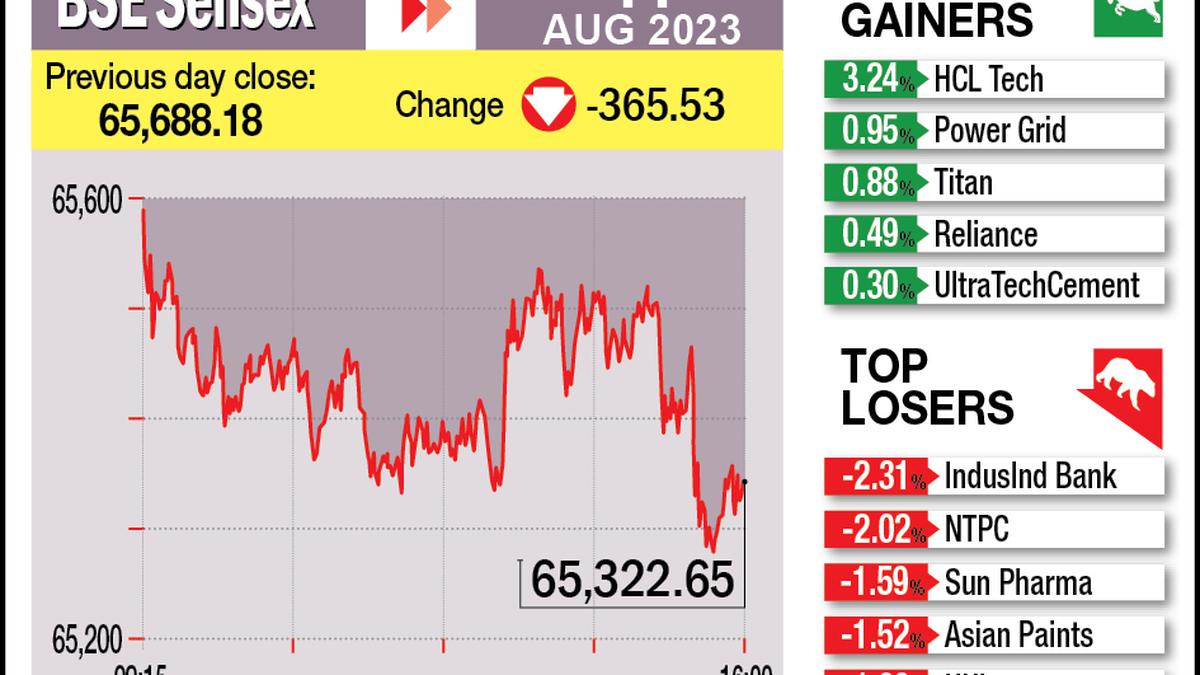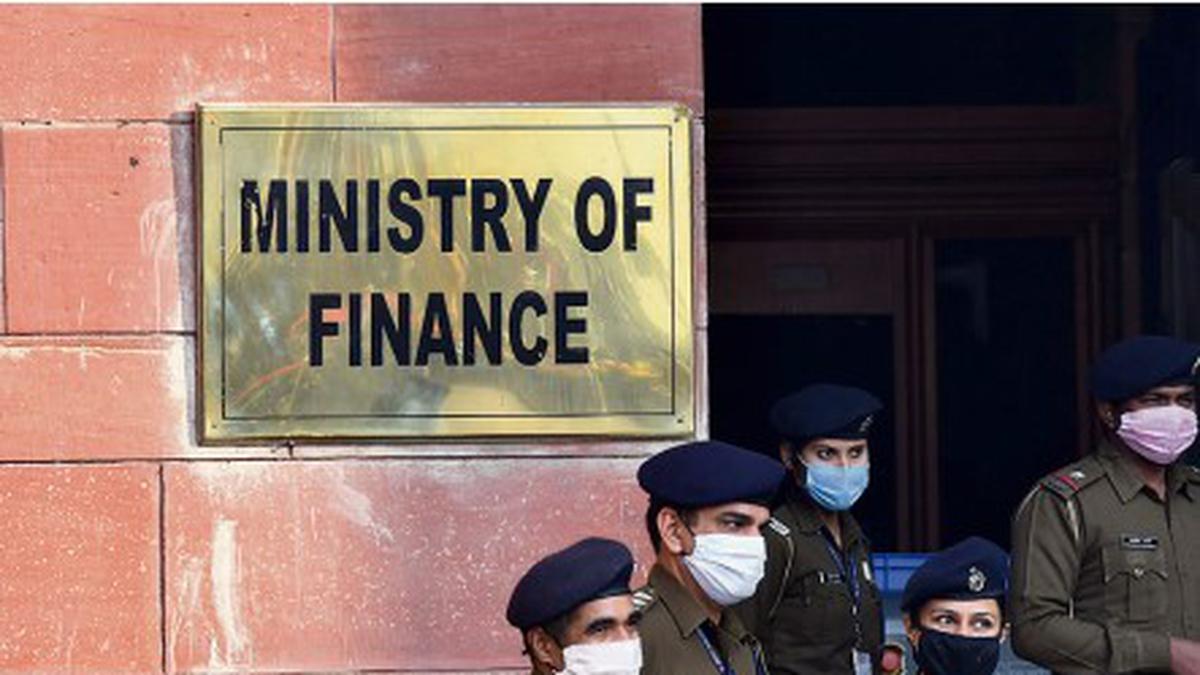Finance Minister Nirmala Sitharaman holding the Budget Papers on February 01, 2023.
| Photo Credit: The Hindu
The higher spending, tax cuts and supportive policies announced in India’s Budget for 2023-24 are expected to support sustained demand growth and improve the longer-term prospects for corporates, said Fitch Ratings.
“We believe the tax cuts will boost consumer sentiment and maintain consumption growth, amid expectations of slower economic growth after the financial year ending 31 March 2023 (FY23),” said the rating agency after India presented on February 1 its annual Budget for the next financial year.
The announced income tax cuts will benefit the disposable incomes of consumers of all income groups, it said.
The income tax rebate limit available for salaried and individual taxpayers under the new income tax regime, introduced in 2020, has been hiked to ₹7 lakh from the present ₹5 lakh.
Further, the rating agency said a larger budget allocated to infrastructure and the government’s good execution record over the last few years bodes well for sectors, such as cement, steel and construction.
For the record, the Budget document proposed to increase capital expenditure spending by 33% to ₹10 lakh crore, focusing on augmenting core infrastructure assets, including roads, railways, airports and logistics.
“The planned capex is more than double the spending in FY21 and more than thrice that in FY19, underscoring the government’s focus on boosting the country’s infrastructure,” it noted.
“Growth in demand from the infrastructure end-market – which constitutes between 25-30% of cement demand – will be positive as we view it as a more stable end-market than housing.”
Cement and steel demand will also benefit from the 66% increase in spending allocated to the government’s programme to provide subsidised loans for affordable housing under the Prime Minister Awas Yojana (PMAY) scheme. The outlay for PMAY has been enhanced by 66% to over Rs 79,000 crores, announced Finance Minister Nirmala Sitharaman while presenting the Union Budget 2023-24 in Parliament.










